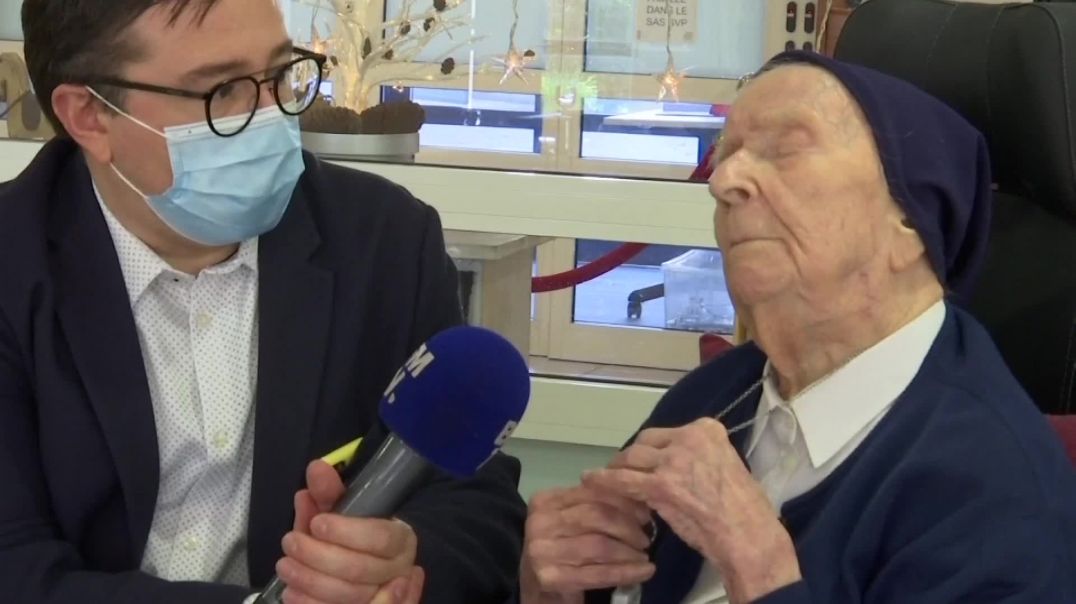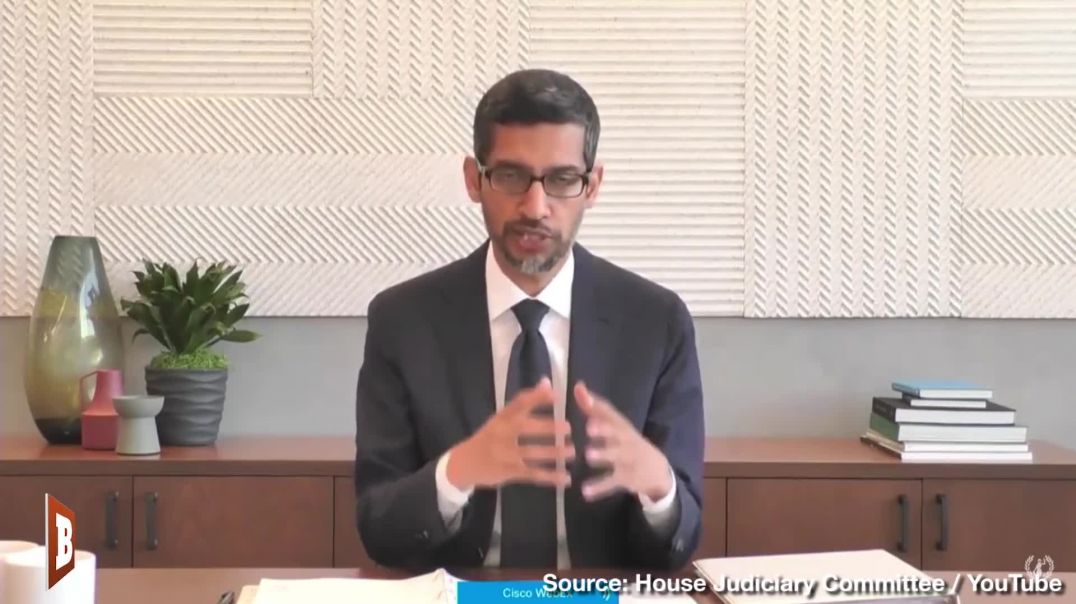Will summer’s heat kill coronavirus? Infectious disease doctor answers COVID-19 questions
Dr. Keith Armitage talks about community spread, avoiding large crowds, protective measures people can take and the death rate of the novel coronavirus, among other topics with reporter Hannah Drown. Dr. Armitage is the medical director of the UH Roe Green Center for Travel Medicine and Global Health.
Here are the questions that Dr. Armitage answers:
Community spread is now here in Northeast Ohio.
What does that imply?
Can people build an immunity? If you contract the virus
once, can you get it a second time?
What do you anticipate the situation will be like by
this time next week?
Are children with a heart condition at higher risk of
complications with coronavirus?
Why have they closed the college campuses but not
the K - 12 schools?
What percent of carriers are thought to be asymptomatic
throughout their infection?
Are people with allergies or asthma at higher risk?
Is this disease worse than the flu? Should people be
more concerned about COVID-19 than the flu?
Will the heat of summer kill the coronavirus?
When can we expect a vaccine for the coronavirus?
Should people avoid airplanes and airports?
Can you talk about major hospitals developing their
own coronavirus tests?
How important is it that more people get tested for
the coronavirus?
What precautions should older adults take?
Once a person is infected with the virus, roughly how
long does it take to recover?
What are your recommendations for hand shaking?
What's the proper way to cough?
What medications are being given to people who are
infected with coronavirus?
What should a person do if they suspect that are infected?
How long can the virus live on surfaces that we might
touch?
How are the health systems and agencies in Northeast
Ohio working together to battle the pandemic?
How can a person in the restaurant business protect
themselves?
Do you expect the death rate of the coronavirus will
change?
Where can people find information on specific
susceptibilities to the virus?
What if a person has recently recovered from another
form of respiratory illness?
What situations in particular should people avoid in order
to minimize the risk of infection?
What takes place when a person is quarantined?
How can people strengthen their immune system to
better fight the virus?












![[LIVE] Protests Continue After Police Kill Daunte Wright in Brooklyn Center, MN pt 3](https://i.ytimg.com/vi/RR1q-yRUOgE/maxresdefault.jpg)
![[LIVE] Protests Erupt After Police Kill Man in Brooklyn Center, MN pt 2](https://i.ytimg.com/vi/RpZMt6iKFcM/mqdefault.jpg)
![[LIVE] Protests Erupt After Police Kill Man in Brooklyn Center, MN pt 1](https://i.ytimg.com/vi/nX1v7TH3nGk/mqdefault.jpg)








SORT BY-
Top Comments
-
Latest comments